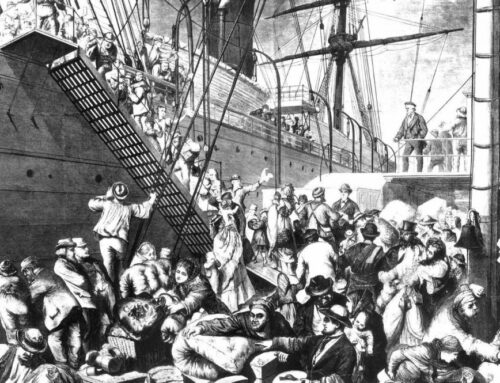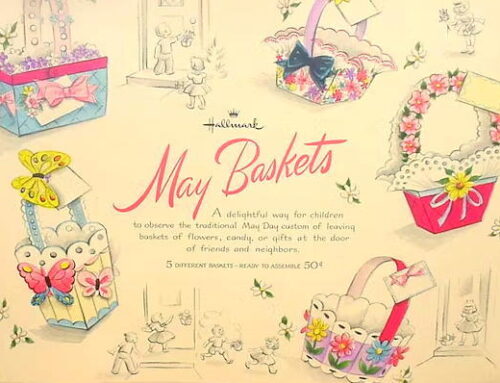Tomorrow is “Public Domain Day,” which is designated to celebrate the role of public domain in our culture by highlighting authors who died in 1940 and whose work will enter the public domain on 1 Jan 2011.
A little fuzzy on the concept of public domain? When an author’s copyright expires, his or her works enter the public domain where they can be used for any purpose without prior permission.
Copyright usually extends from the life of the author plus a certain number of years after his or her death (or pma: post mortem auctoris). In the United States and the European Union, the copyright terms for authors expire 70 years pma; in Canada and New Zeland, copyright ends 50 years pma.
The intellectual property rights enshrined in copyright are complex, but genealogists (and their research) can benefit in particular from an understanding of public domain. Probably the most obvious benefit is the ability to use privately published family histories that were written by authors who died 70 or more years ago.
Genealogists also understand that works deserve proper attribution and citation, even if those works are in the public domain and do not require prior permission for use.
- Isaac Babel
- Walter Benjamin
- John Buchan
- Mikhail Bulgakov
- F. Scott Fitzgerald
- Emma Goldman
- Paul Klee
- Selma Lagerlof
- Leon Trotsky
- Vito Volterra
- Nathanael West
then those royalty checks are gonna stop pretty soon. :D
And now a Happy New Year to all my readers and the very best to you in your family research in the year to come.




Leave a Reply